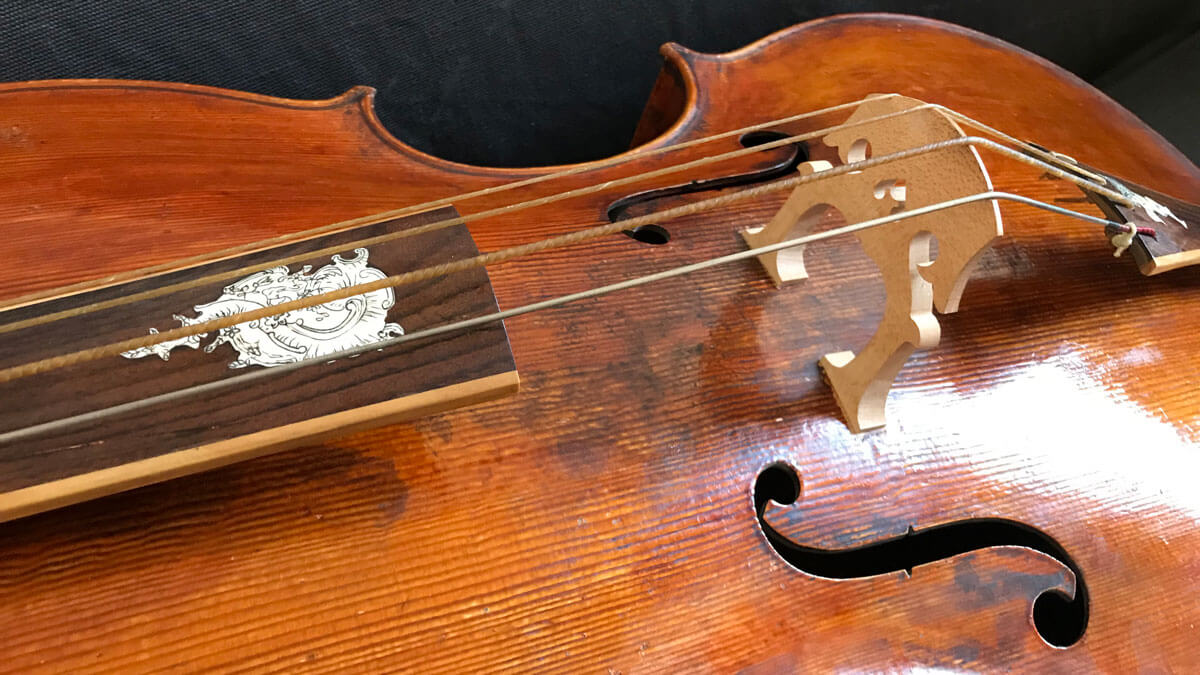Gut strings are the only animal derived product still commonly used in the creation of musical instruments

Gut Strings: The Last Relic of Animal-Derived Musical Instruments

When it comes to crafting musical instruments, modern technology has certainly replaced many traditional practices. Synthetic materials have replaced wood, metals, and animal parts in most aspects of instrument construction. However, there is one notable exception that has stood the test of time - gut strings. These ancient strings, made from the intestines of sheep, cows, or goats, remain a revered choice for many musicians seeking a unique sound and unparalleled quality.
Gut strings can trace their roots back thousands of years, when the earliest versions of musical instruments were created. Traditionally, stringed instruments such as violins, violas, cellos, and double basses were all strung with gut strings. The natural materials used for these strings offered a warmth, richness, and tonal depth that has yet to be replicated by synthetic alternatives.

Although technological advancements have led to the creation of steel, nylon, and other synthetic strings, many musicians remain loyal to gut strings. The superior tonal qualities and unique characteristics of these strings cannot be replicated by their modern counterparts. Gut strings produce a warm, complex, and resonant sound that brings out the true essence of the instrument and enhances the musical experience.
The manufacturing process of gut strings is highly meticulous and time-consuming. It begins with careful selection and inspection of animal intestines. The selected intestines are then cleaned, stretched, and twisted to create individual strands. These strands are carefully gauged and sorted according to thickness and quality. Skilled craftsmen painstakingly handcraft the strings, ensuring precise tension and length for each instrument. The result is a set of gut strings that harmoniously resonate with the instrument, providing musicians with a full-bodied and versatile sound.
However, the usage of animal-derived gut strings in musical instruments does raise ethical concerns. Animal rights advocates emphasize the importance of exploring sustainable and cruelty-free alternatives. Synthetic strings have gained popularity as a more ethical option, especially for musicians who prioritize animal welfare. Synthetic strings offer reliability, durability, and consistent performance, making them a practical choice for many modern musicians.
As the world becomes more conscious of animal welfare and sustainability, the demand for gut strings has decreased. However, they still hold a significant place in the music world, particularly among professional musicians, traditionalists, and those in pursuit of the perfect sound. With that being said, it is important for individuals to make informed choices based on their values and priorities.
In conclusion, gut strings remain the only animal-derived product still commonly used in the creation of musical instruments. Their rich history and unparalleled tonal qualities have earned them a prestigious place in the hearts of many musicians. However, the ethical concerns surrounding the usage of animal products have led to the rise of synthetic alternatives. As technology continues to evolve, it remains to be seen whether gut strings will continue to be an integral part of the musical landscape or gradually fade into history.
Tags
Share
Related Posts
Quick Links
Legal Stuff

